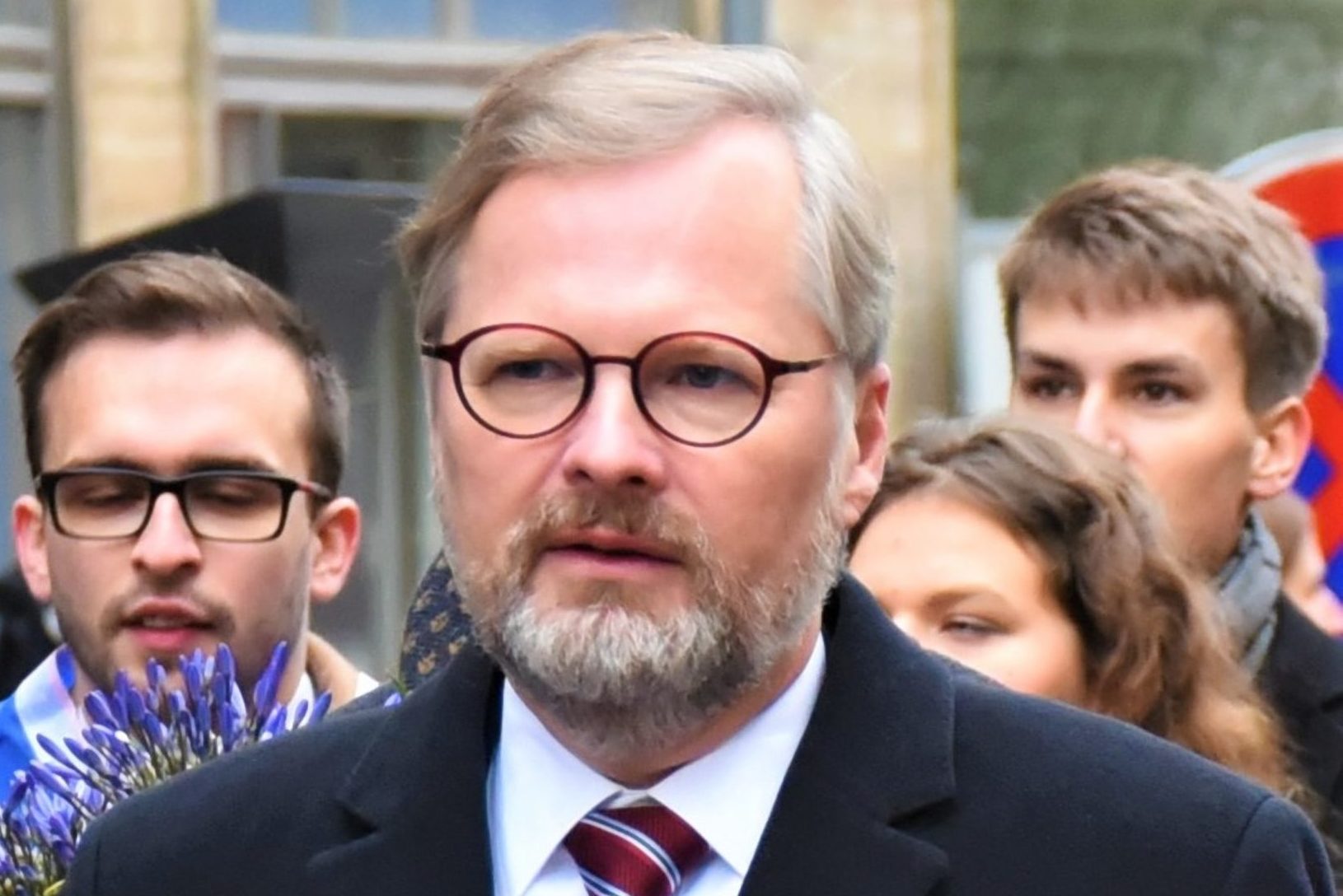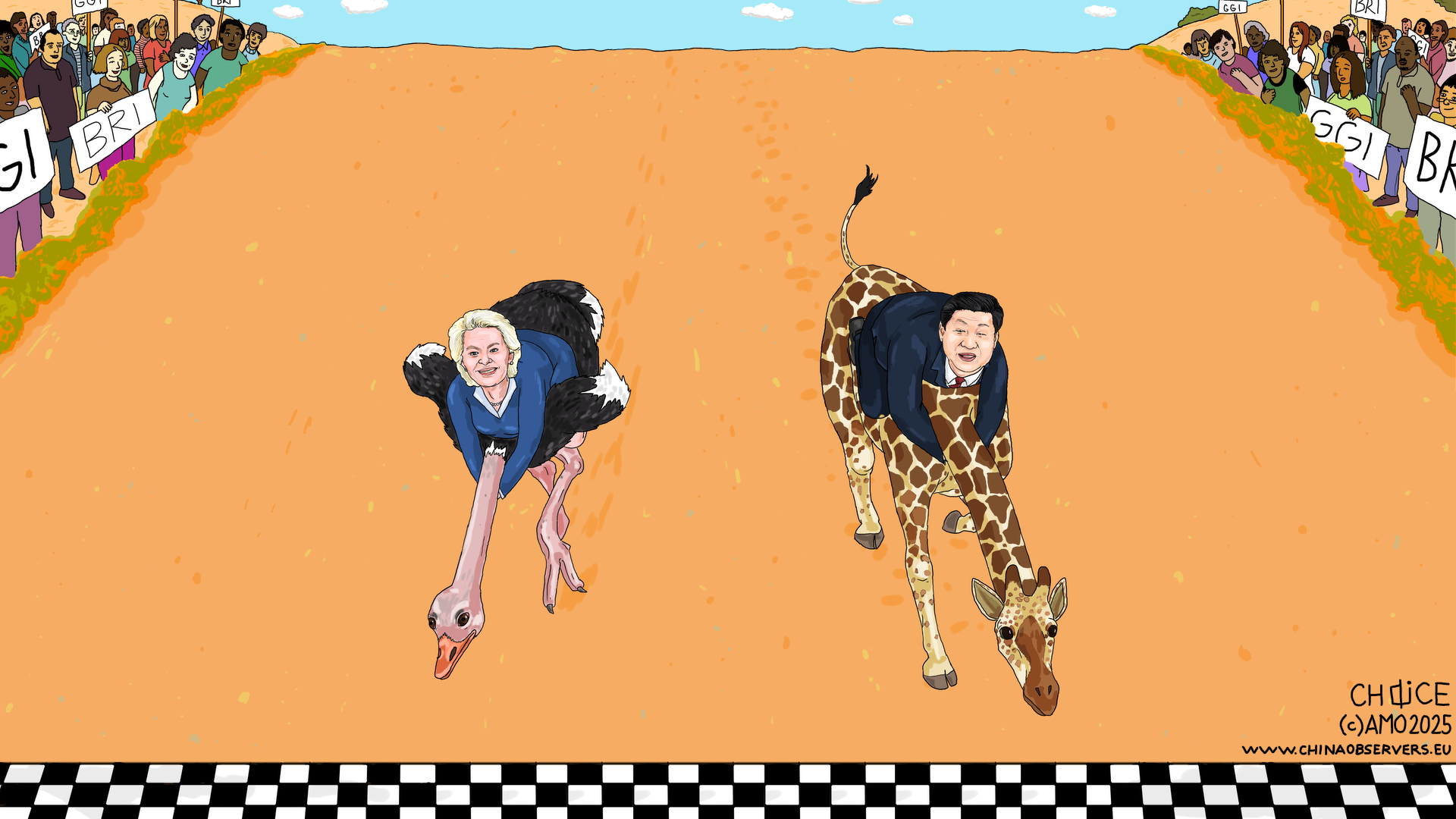The CEE countries have grown disillusioned with Beijing and it would require China to significantly change its approach to make its offer interesting again, especially among the EU member states. One potential game-changer last year was China’s offer of vaccines. However, cooperation was again limited to the ‘usual suspects’ of Hungary, Serbia, and other Balkans nations, while it failed to make a bigger dent in the EU member states. This mirrors the success of Chinese projects on the ground, which have also been mostly concentrated in non-EU countries. We will have to wait for the 2022 summit to see if China will put forward a new, innovative agenda for the relationship to react to recent developments, but the odds are not too high.
Another bet for China is to expand its basis of political support within the 16+1 forum to include Poland. Indeed, throughout 2021 we have seen unusually frequent diplomatic contact between Beijing and Warsaw, and signs that China might be trying to reengage with Poland. As the largest CEE country in the format, Poland’s support may be crucial as it might also incentivize other countries to stay involved. Conversely, by playing the China card, Poland can signal its discontent with policies, such as over Nord Stream 2, to the US and other Western capitals. However, Poland clearly does not see China as a strategic partner but only as a tactical instrument. As China grows increasingly close to Russia, Poland’s biggest threat, it is unlikely that this view is going to change.
Finally, reactions of CEE states to China’s economic coercion towards Lithuania will be interesting to follow. By showing the potential costs, Beijing is also signaling to other CEE nations that they should not follow Vilnius’ example. While the crux is the Taiwan issue and not the decision to leave 16+1 per se, other CEE nations might reconsider their approach: it might be better to keep involved in a de-facto dead format, keep a low profile, and dial down the political capital spent on it, rather than rocking the boat and formally leaving. Here, the new Czech government and its decision are to be followed as the new foreign minister previously supported a coordinated “exit” of EU member states from the format.


